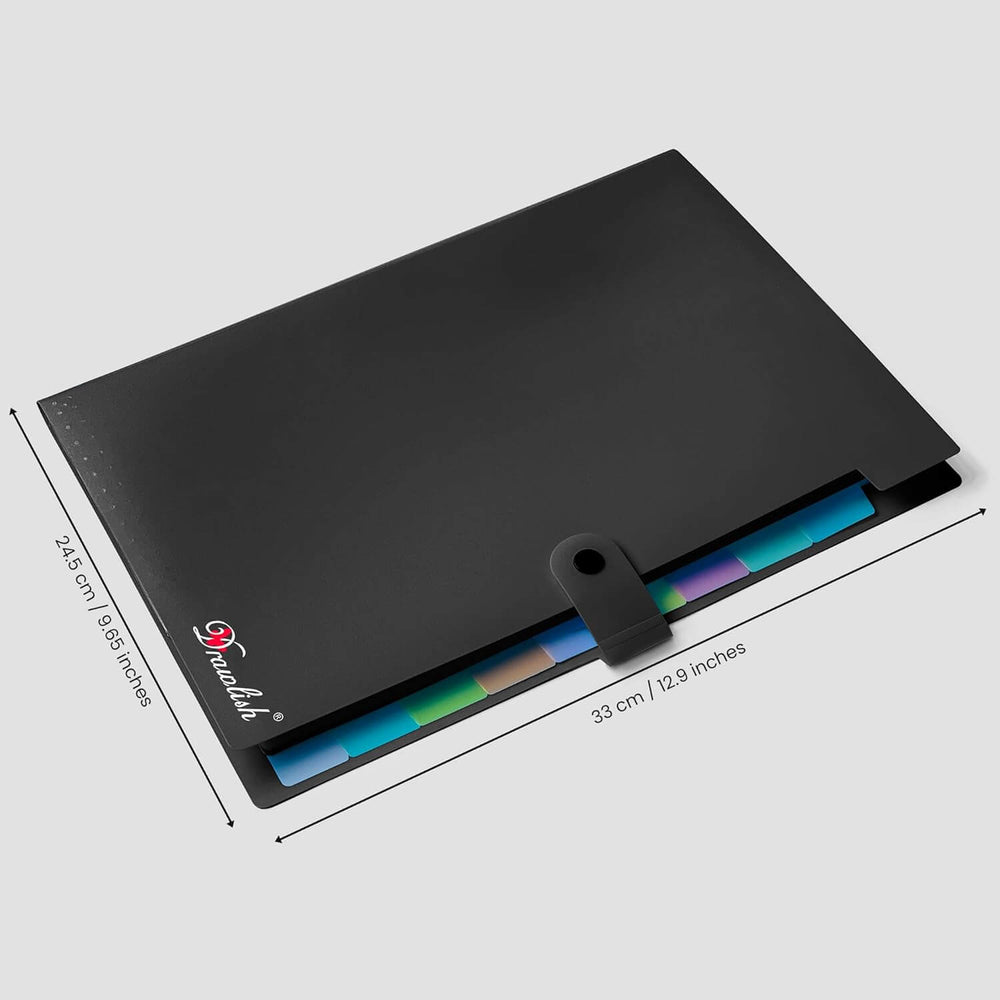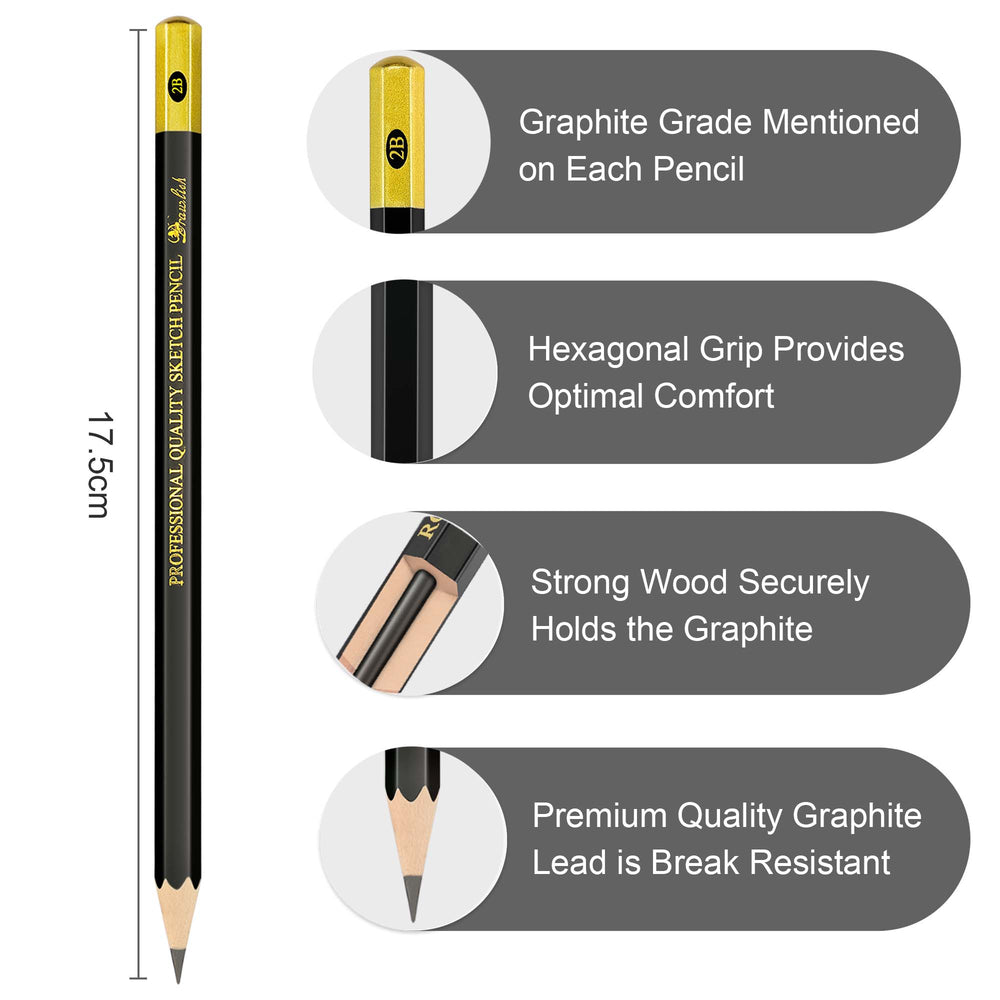How To Use Paint Pens: A Step-by-Step Guide
Hey there! Ready to unlock the magic of acrylic paint pens? These little tools are perfect for adding vibrant colors and intricate details to all kinds of projects. Whether you're an experienced artist or just love crafting, paint pens can elevate your creations. Let’s dive into the world of paint marker pens and learn how to use them step-by-step.
What Are Paint Pens?
First off, let's talk about what paint pens are. Also known as paint markers, these pens are filled with paint instead of ink. They come in different types, like oil-based, acrylic, and water-based, each perfect for different surfaces and effects. Paint pens are awesome because they’re easy to use, require minimal cleanup, and allow for super precise work.
Types of Paint Pens
- Acrylic Paint Pens: These are water-based and great for almost any surface, think canvas, paper, wood, and fabric. They dry quickly and resist fading, which is a huge plus.
- Oil-Based Paint Pens: These are your go-to for non-porous surfaces like metal, glass, plastic, and ceramics. They’re more permanent and give a glossy finish, but take a bit longer to dry.
- Water-Based Paint Pens: Perfect for temporary designs on windows and mirrors. They can be wiped off easily with water but aren’t as durable as the other types.
Step-by-Step Guide to Using Paint Pens
Alright, let’s get started!
Step 1: Prepare the Pen
Start by ensuring the paint pen is properly prepared. Remove the cap and set it aside. Peel off the plastic seal covering the tip of the pen. It's important not to twist the pen to avoid damaging the nib or causing leaks.

Step 2: Shake the Pen
Before using the paint pen, shake it thoroughly. This helps to mix the paint inside and ensures a consistent color and texture when applied.

Step 3: Let Air Out
After shaking, hold the pen upright with the nib facing upwards. Gently press down on the nib to allow any air trapped inside to escape. This step helps to prevent air bubbles that could affect the paint flow.

Step 4: Prime the Pen
Press the nib down on a scrap piece of paper or cardboard several times until the paint starts flowing smoothly. This primes the nib with paint and ensures even coverage when you start using the pen on your project.

Step 5: Test the Pen
Before applying the paint on your actual surface, test the pen on a spare piece of material or paper. This allows you to check the color intensity, flow, and adjust your technique if needed. Ensure the pen is flowing smoothly and the color matches your expectations.

Step 6: Cap and Store Horizontally
After use, recap the paint pen tightly to prevent it from drying out. Store the pen horizontally to maintain the flow of paint to the nib. This also helps to prolong the life of the paint pen and prevents leaks or spills.

Tips for Success
- Test First: Always test the paint pen on a scrap piece of the same material to see how it behaves.
- Store Properly: Store paint pens horizontally to prevent the paint from settling and the tips from drying out.
- Work in a Well-Ventilated Area: Especially with oil-based pens, make sure there’s good ventilation to avoid inhaling fumes.
- Practice Patience: Give plenty of drying time between layers and handle your project gently until it’s fully cured.







Leave a comment